How to Choose Timber Window Designs for Listed or Period Properties
Here at GB Joinery, we’ve spent over a decade helping building professionals navigate the complexities of heritage window specifications. Whether...
Read MoreLast Updated: 27 October 2025
When specifying timber windows for commercial and residential projects, contractors need concrete data on material performance, not marketing promises. Timber durability directly impacts project success, client satisfaction and long-term maintenance obligations. Traditional timber species vary dramatically in their natural durability, with service life expectations ranging from 5-15 years for untreated softwoods to 25+ years for premium hardwoods. However, emerging wood modification technologies are redefining these benchmarks entirely.
At GB Joinery, we’ve witnessed firsthand how timber specification decisions made during construction phase determine maintenance intervals for decades. Our analysis of comparative testing data between Accoya, traditional hardwoods and softwoods reveals significant performance gaps that contractors must understand before specifying timber windows for multi-decade service.
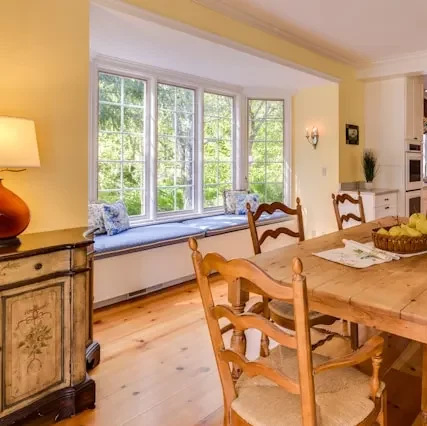
Accoya represents a fundamental shift from traditional timber preservation methods. Rather than applying external preservative treatments, acetylation modifies the wood’s cellular structure at molecular level. This process converts radiata pine trees into a material that outperforms naturally durable hardwoods across multiple durability metrics.
The acetylation process replaces free hydroxyl groups within the wood with acetyl groups, preventing moisture absorption that causes dimensional instability and fungal decay. Unlike additional preservative treatment methods that can leach over time, acetylation creates permanent chemical bonds throughout the timber structure.
FSC certification ensures sustainable sourcing from managed radiata pine forests, whilst Cradle to Cradle Gold certification validates the complete lifecycle environmental impact. This combination addresses both performance requirements and sustainability mandates increasingly common in commercial specifications.
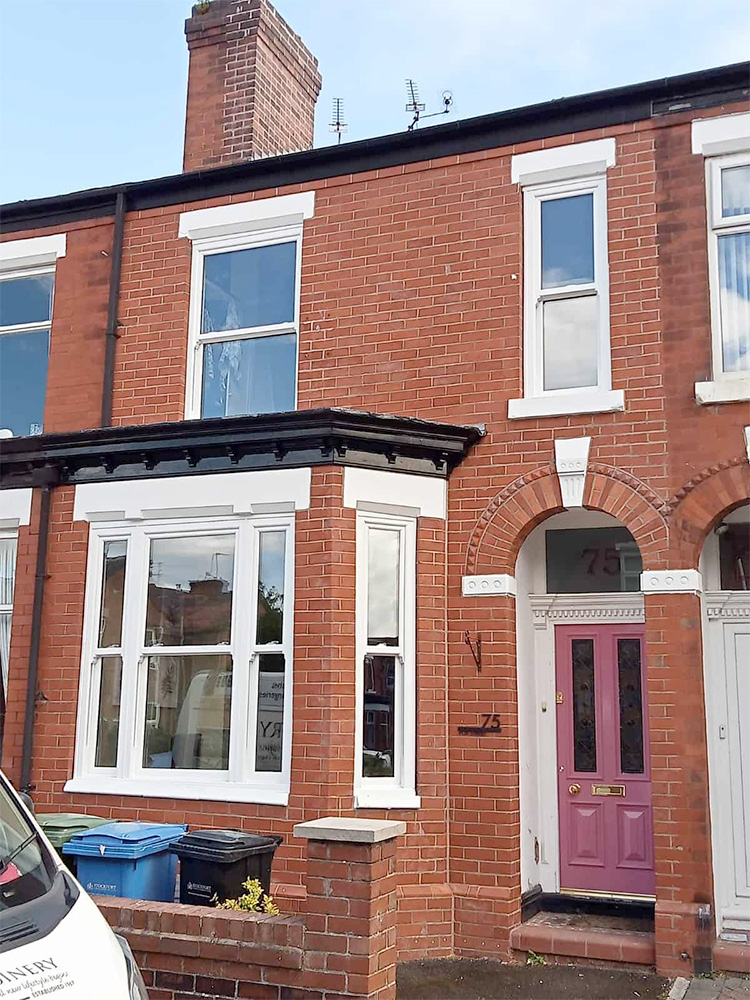
Independent testing by BRE confirms Accoya’s 60-year service life expectancy for exterior applications, significantly exceeding BS EN durability class ratings for traditional timber species.
Key performance metrics include:
The modified wood structure provides exceptional resistance to fungal decay and insect attack without ongoing preservative maintenance. This addresses the primary failure mechanisms affecting UK timber installations across varying exposure conditions.
Understanding relative performance helps contractors make informed specification decisions based on project requirements and budget constraints.
Key Benefit Accoya Sapele Oak Meranti Iroko Redwood
Lifespan ✓✓✓ ✓(✓) ✓(✓) ✓(✓) ✓✓ ✓
Warranty ✓✓✓ N/A N/A N/A N/A N/A
Coatings performance ✓✓✓ ✓✓ ✓ ✓ ✓ ✓
Thermally insulating ✓✓ ✓ ✓ ✓ ✓ ✓✓
Maintenance intervals ✓✓✓ ✓✓ ✓ ✓ ✓ ✓
This data demonstrates Accoya’s significant advantages in both initial service life expectations and extended maintenance intervals, crucial factors for lifecycle costing analysis.
Beyond raw performance data, Accoya offers practical advantages that directly impact project delivery and client relationships.
The 50-year above-ground warranty provides unprecedented risk mitigation for contractors. This transferable warranty covers material failure due to fungal decay or insect attack, offering protection unavailable with any other timber species. For commercial projects, this warranty can significantly reduce professional indemnity insurance exposures related to premature material failure.
FSC certification ensures compliance with green building standards including BREEAM and Code for Sustainable Homes requirements. The Cradle to Cradle Gold certification demonstrates comprehensive environmental responsibility throughout the product lifecycle, addressing increasingly stringent sustainability requirements in commercial specifications.
Extended maintenance intervals and superior dimensional stability significantly reduce callback risks. Traditional softwoods like spruce and redwood typically require maintenance within 3-5 years, whilst Accoya’s stable structure maintains coating performance for 8-12 years under normal UK conditions.
Our timber window manufacturing combines traditional craftsmanship with advanced materials science to deliver superior performance across all window styles.
Our bespoke sliding sash windows integrate Accoya’s dimensional stability with traditional box sash aesthetics. The material’s resistance to moisture movement maintains smooth operation and weatherseal integrity over decades, addressing common failure points in traditional timber sash installations.
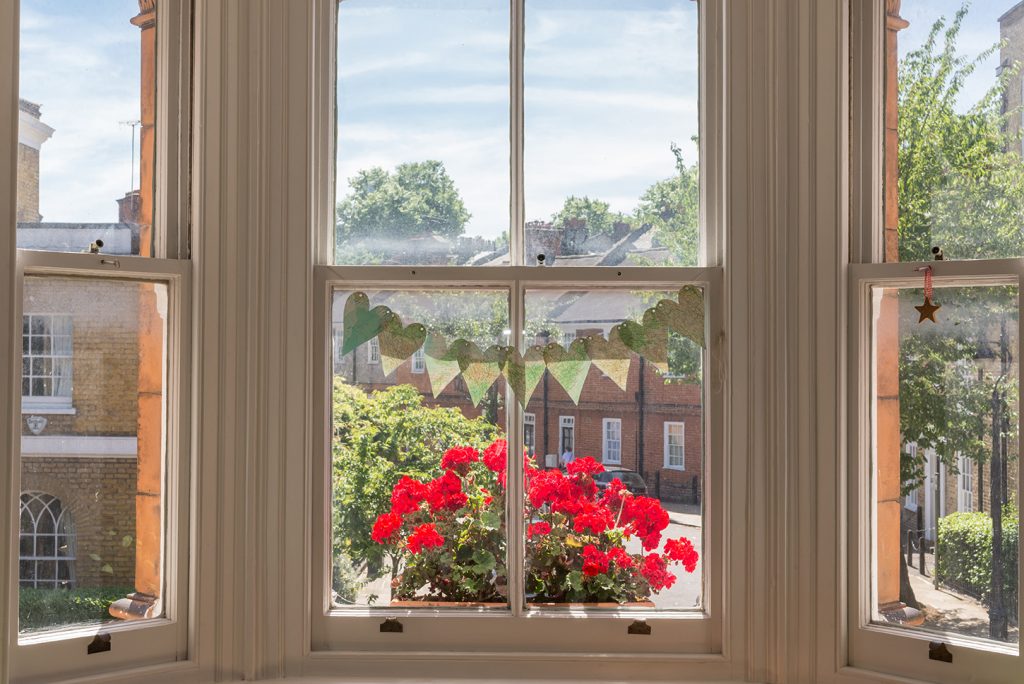
Manufactured with 70mm frame sections, our stormproof windows utilise Accoya’s superior thermal performance to achieve excellent energy ratings. The material’s stability ensures consistent weatherseal compression and optimal double-glazed unit performance throughout the service life.
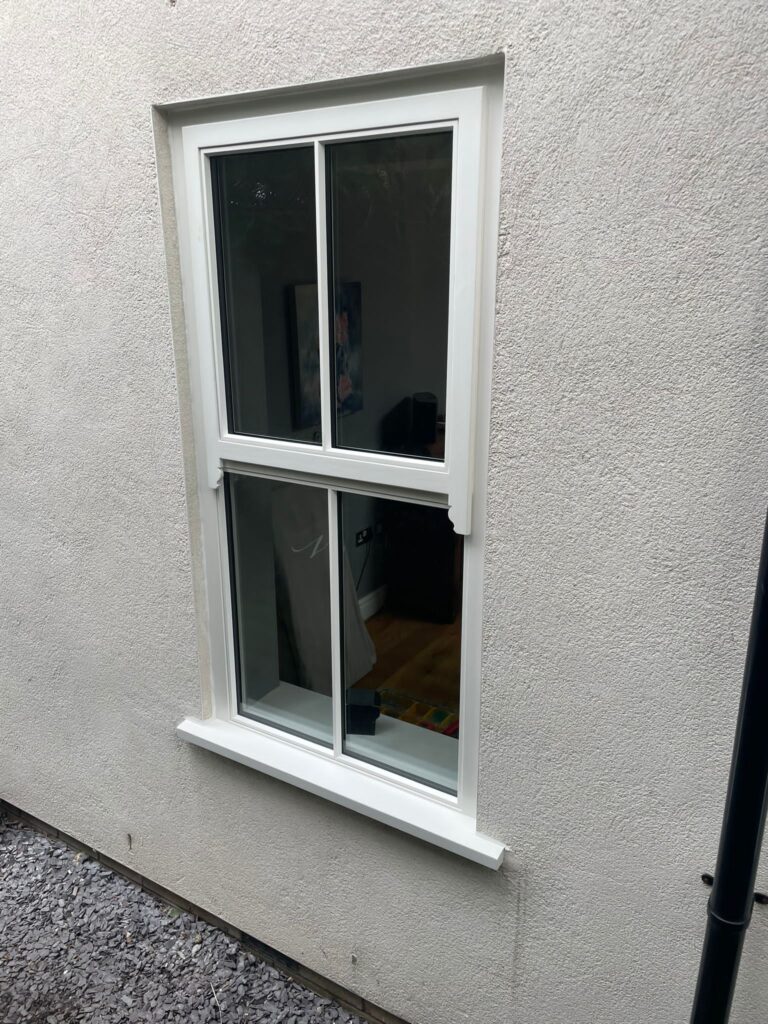
Our heavy-section 94mm flush casement windows showcase Accoya’s ability to maintain precise tolerances essential for heritage applications. The material accepts traditional finishes whilst providing modern performance standards required for conservation area compliance.
Complex curved and shaped windows benefit significantly from Accoya’s dimensional stability. Traditional species often exhibit differential movement that compromises complex geometries, whilst Accoya maintains structural integrity across varied environmental conditions.
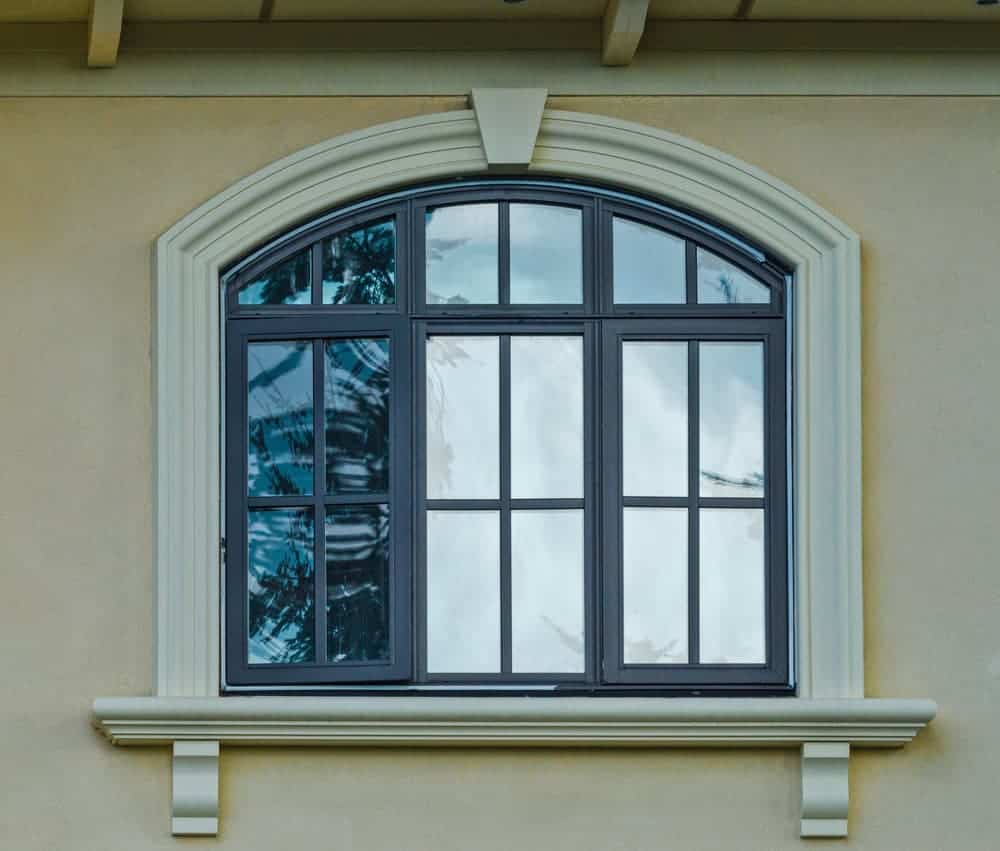
Accoya achieves durability class 1 rating, matching the most durable natural hardwoods whilst significantly outperforming common UK species like Douglas fir (class 3-4) and redwood (class 4-5).
Accoya provides 25-year warranty for ground contact and freshwater use, with testing confirming superior performance compared to traditional preservative-treated timber in use class 4 conditions.
Accoya accepts all traditional finishes including microporous stains, solid colour systems and translucent treatments. The stable substrate actually improves coating performance and extends maintenance intervals compared to traditional timber species.
Moisture content directly influences the durability of wood by creating conditions for fungal decay. Traditional species like larch and western red cedar rely on heartwood extractives for protection, whilst sapwood remains vulnerable. Accoya’s acetylation eliminates moisture-related decay regardless of species origin.
Durable timber species including western red cedar, siberian larch and some hardwood heartwood sections offer natural resistance to fungi. However, even naturally durable timber like larch sapwood requires preservative treatment. Accoya provides consistent durability throughout the timber section, eliminating variability between heartwood and sapwood performance in window applications.
Established in 2012, we specialise in supplying premium timber windows to contractors, architects and commercial clients across the UK. Operating from our Stockport manufacturing facility, we combine over 60 years of combined experience with modern CNC precision to deliver bespoke joinery solutions.
Our product range includes sliding sash windows, stormproof windows, flush casement windows and custom architectural glazing, all manufactured using responsibly sourced materials including FSC-certified Accoya. We also offer a range of doors and external gates. We work closely with contractors on commercial projects, providing technical support and performance data required for specification compliance.
Contact our technical team on 0161 477 1818 for project-specific performance data and specification guidance. Our expertise covers heritage compliance, energy performance requirements and multi-decade maintenance planning.
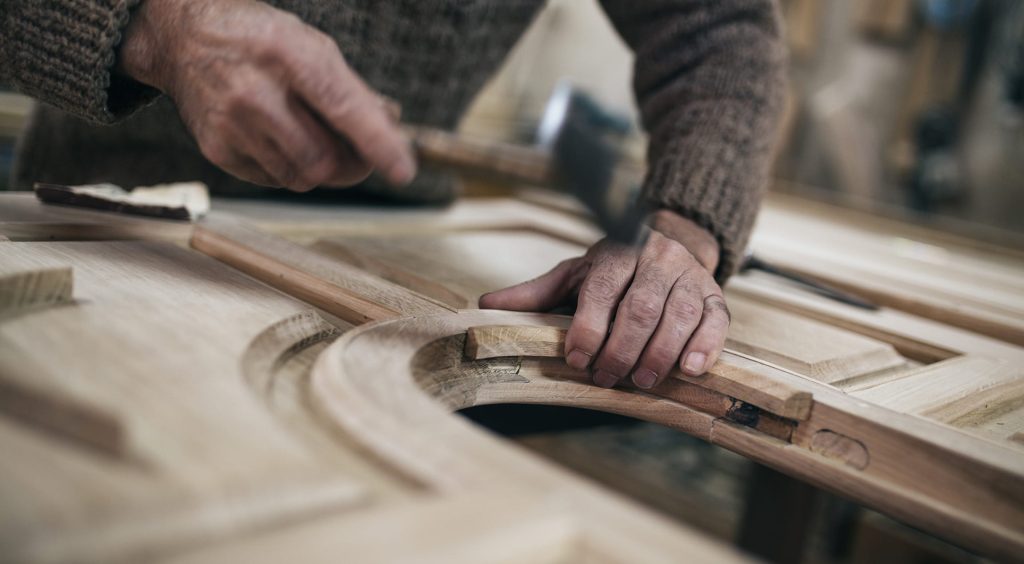
Ready to specify high-performance timber windows for your next project? Contact GB Joinery on 0161 477 1818 for technical specifications and performance data tailored to your requirements.
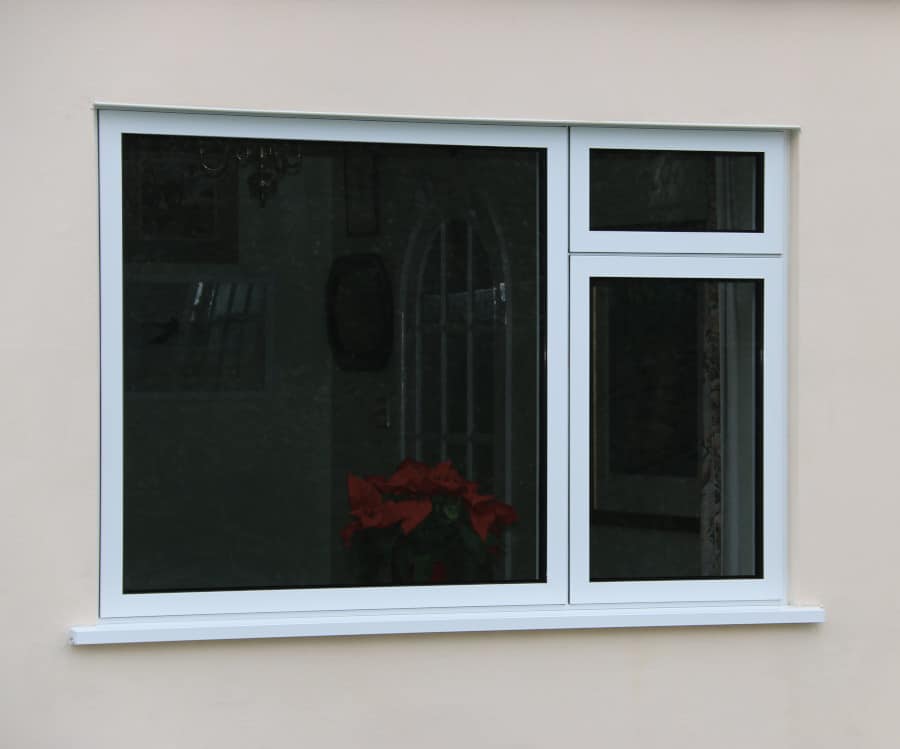
Here at GB Joinery, we’ve spent over a decade helping building professionals navigate the complexities of heritage window specifications. Whether...
Read MoreAt GB Joinery, we’ve spent over a decade perfecting the art of bespoke timber gate manufacture. During this time, we’ve...
Read MoreWhen you’re managing a high-end residential or commercial project, settling for standard-spec windows and doors simply won’t do. Bespoke timber...
Read MoreWhen you’re specifying windows for exposed or coastal locations, compromising on weather performance simply isn’t an option. Stormproof casement windows...
Read More